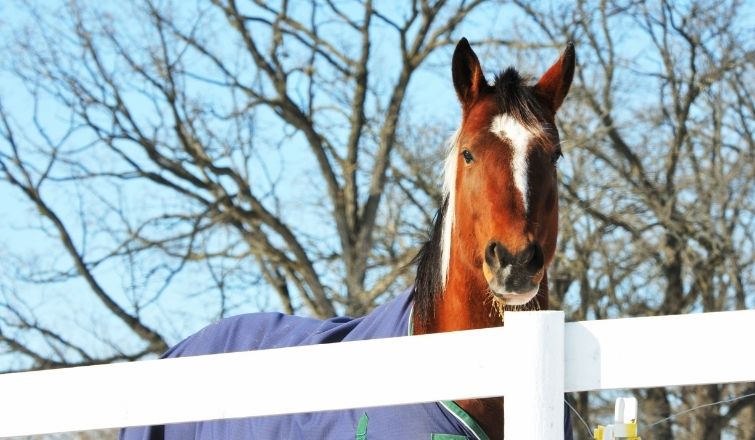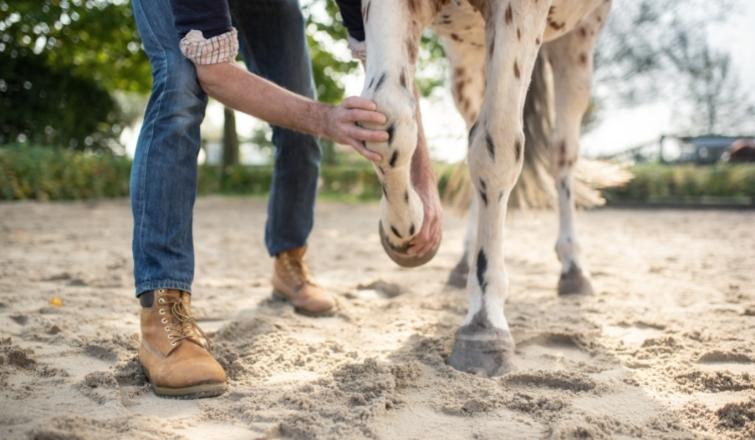
Choosing the Best Type of Horse Fencing
If you are designing a new paddock or pasture, you may be wondering what type of fencing suits your farm (and your budget) best. Continue reading for tips on choosing the best type of horse fencing.
Horse Fencing Options
There are a wide variety of options when it comes to fencing in your new paddock or pasture. Below are the most common modern horse fencing options:
- Wooden Post and Rail: Wooden fences are considered to be a classic and traditional fencing option that provides an aesthetically-pleasing addition to the property. Wooden fencing is strong and durable but can be a bit pricy.
- Electric Fencing: Electric fencing makes use of a series of posts that are connected by electric tape or wire. When touched, the fence will deliver a small shock; this can be beneficial for horses that have a habit of testing the paddock boundaries or rubbing on fence posts. Electric fencing is generally inexpensive and easy to maintain.
- Wire Mesh Fencing: Wire mesh fencing consists of a series of posts that are connected by wire mesh, as the name suggests. This type of fencing is inexpensive and easy to maintain.
- Steel Pipe Rail Fencing: Consisting of steel piping, this type of fencing is extremely durable, ideal for draft horses, stallions, and the like. It is quite aesthetically pleasing, as well. This fencing option is one of the more expensive options, though it is worth considering that it won’t need much maintenance or repair over time.
- Vinyl or PVC Post and Rail: This type of fencing mimics the look of real wood while providing exceptional durability.
Horse Fencing Cost
For many stable owners, budget plays a large role in the type of fencing that is used on the property.
Below are the typical costs for the most popular types of horse fencing:
- Wooden Post and Rail: $5-12 per foot
- Electric Fencing: $0.1-0.3 per foot
- Wire Mesh Fencing: $0.2-0.6 per foot
- Steel Pipe Rail Fencing: $7-11 per foot
- Vinyl or PVC Post and Rail: $5-10 per foot
When choosing your fencing materials, you may want to consider the amount of space you will be fencing in. Fencing costs tend to add up quickly, especially when enclosing a large area. If you are on a tight budget with a large area to fence in, you may want to opt for one of the less expensive options like electric or wire mesh fencing.
Paddock Terrain
Not every farm is blessed with even and flat terrain. If the area that you intend to fence in is uneven, hilly, or rocky, you may want to consider one of the more “flexible” options like wire mesh or electric fencing. These types of horse fencing allow for customized and flexible placement that works with the land instead of against it.
It is also important to consider the weather in your area while placing fencing. Regions that experience frequent rain or snow may experience a higher chance of wood rot than drier regions; if you foresee wet conditions being an issue in the future, you may want to opt for another fencing option like wire mesh, steel pipe, or vinyl.
With the information you have learned here, you will have a better understanding of which horse fencing options may work best for you and your property.
For more informative equestrian blog posts, check out our blog.
For more information about Stablebuzz stable management software, click here.



